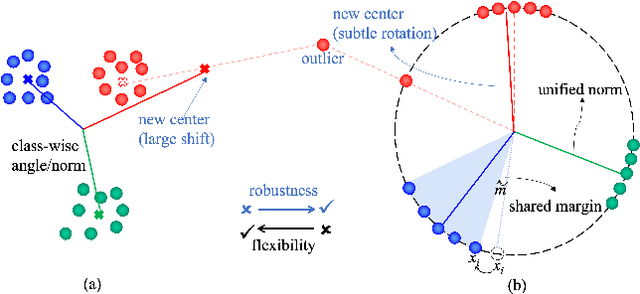Yu-Ning Ding
Fine-grained Action Analysis: A Multi-modality and Multi-task Dataset of Figure Skating
Jul 06, 2023



Abstract:The fine-grained action analysis of the existing action datasets is challenged by insufficient action categories, low fine granularities, limited modalities, and tasks. In this paper, we propose a Multi-modality and Multi-task dataset of Figure Skating (MMFS) which was collected from the World Figure Skating Championships. MMFS, which possesses action recognition and action quality assessment, captures RGB, skeleton, and is collected the score of actions from 11671 clips with 256 categories including spatial and temporal labels. The key contributions of our dataset fall into three aspects as follows. (1) Independently spatial and temporal categories are first proposed to further explore fine-grained action recognition and quality assessment. (2) MMFS first introduces the skeleton modality for complex fine-grained action quality assessment. (3) Our multi-modality and multi-task dataset encourage more action analysis models. To benchmark our dataset, we adopt RGB-based and skeleton-based baseline methods for action recognition and action quality assessment.
Multi-Dimensional Refinement Graph Convolutional Network with Robust Decouple Loss for Fine-Grained Skeleton-Based Action Recognition
Jun 27, 2023



Abstract:Graph convolutional networks have been widely used in skeleton-based action recognition. However, existing approaches are limited in fine-grained action recognition due to the similarity of inter-class data. Moreover, the noisy data from pose extraction increases the challenge of fine-grained recognition. In this work, we propose a flexible attention block called Channel-Variable Spatial-Temporal Attention (CVSTA) to enhance the discriminative power of spatial-temporal joints and obtain a more compact intra-class feature distribution. Based on CVSTA, we construct a Multi-Dimensional Refinement Graph Convolutional Network (MDR-GCN), which can improve the discrimination among channel-, joint- and frame-level features for fine-grained actions. Furthermore, we propose a Robust Decouple Loss (RDL), which significantly boosts the effect of the CVSTA and reduces the impact of noise. The proposed method combining MDR-GCN with RDL outperforms the known state-of-the-art skeleton-based approaches on fine-grained datasets, FineGym99 and FSD-10, and also on the coarse dataset NTU-RGB+D X-view version.
 Add to Chrome
Add to Chrome Add to Firefox
Add to Firefox Add to Edge
Add to Edge